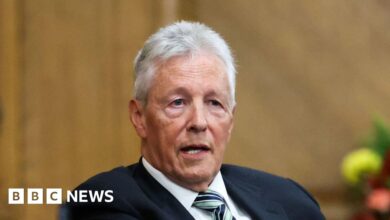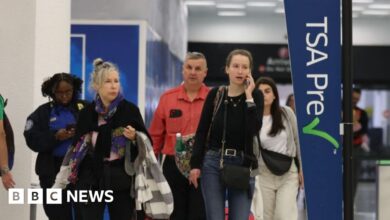Travel test rule change and minister resigns over government record on Covid loan fraud

Here are five things you need to know about the coronavirus pandemic this Monday evening. We’ll have another update for you tomorrow morning.
1. Covid tests to end for double-jabbed arrivals in England and Scotland
From 04:00 GMT on 11 February, eligible fully-vaccinated passengers will no longer have to take a Covid test after arriving in England and Scotland. Rules have also been eased for unvaccinated travellers, who will no longer have to take a day eight test, but they will still have to take pre-departure and day two tests. Announcing details of the changes for England, Transport Secretary Grant Shapps told MPs all arrivals, regardless of vaccination status, will still need to fill in a passenger locator form, which would be made “simpler and easier” to complete. Scotland later said it was also adopting the change, and Wales and Northern Ireland are expected to follow suit.
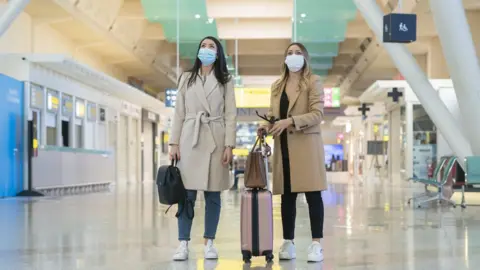 Getty Images
Getty Images
2. Tory minister resigns over government record on Covid loan fraud
A Tory minister in the House of Lords has resigned, attacking the government’s record on fraudulent Covid business loans. Lord Agnew of Oulton accused the Treasury of having “no interest in the consequences of fraud to our society”. But Lord Agnew – a Treasury minister with responsibility for cross-government efficiency – said his departure was “not an attack on the prime minister”. Last year, the National Audit Office criticised the government for failing to bring in measures to stop people exploiting Covid schemes. HMRC said “robust measures were put in place to control error and fraud in the key coronavirus support schemes”.
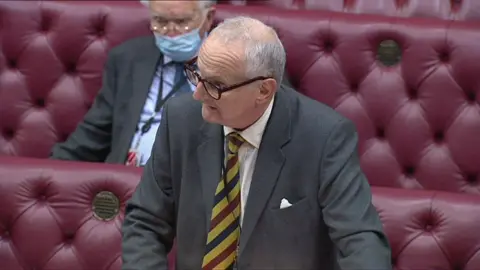 HoL
HoL
3. Return to office will help young – pub boss
Younger staff will see their careers benefit from the return to office-working, the boss of a pub firm has said. Clive Watson, chief executive of City Pub Group, said junior workers needed mentors, which they cannot access while working from home. Speaking to BBC Radio 4’s Today programme, Mr Watson said that while there was room for “flexibility”, it was “important” for workers’ mental wellbeing to be alongside colleagues in the office. Many people have been heading back to offices this week after the government dropped its work-from-home guidance for England.
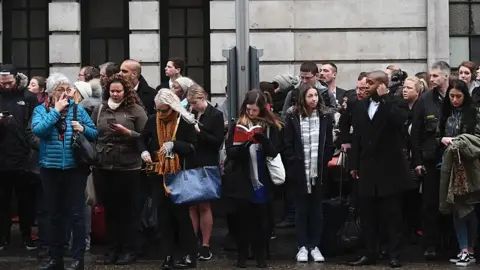 Getty Images
Getty Images
4. Welsh care providers may employ England’s unjabbed NHS staff
Care providers in Wales say they could employ unvaccinated workers who have left NHS jobs in England due to its mandatory vaccination policy. NHS staff in England must have had a first dose by 3 February and be fully jabbed by 1 April to work in front-line roles. Vaccines are not mandatory for NHS staff in Wales. The Royal College of Nursing Wales (RCN) and Care Forum Wales said they would not actively seek unjabbed staff to fill vacant posts. First Minister Mark Drakeford said he would “not rule out” giving NHS jobs to the unvaccinated.
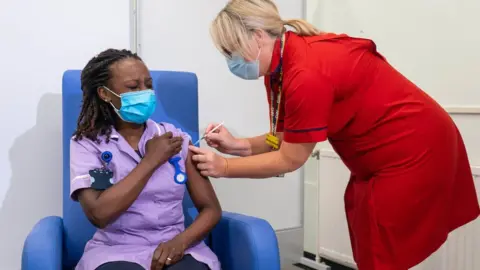 PA Media
PA Media
5. Peloton’s PR headache
Peloton – which makes stationary bikes and treadmills with live-streamed workouts – saw a boom in sales and its share price during the pandemic, as people exercised at home during lockdowns. But the leisure brand has lately fallen on tougher times, with a crash in its share price and a pause in production due to fading sales. The latest in a series of unfavourable TV references has done little to help its public relations headaches – with a character in the new series of Billions being rushed to hospital with chest pains after using its spin bike. Peloton tweeted it did not agree to its brand nor intellectual property being used in the show.
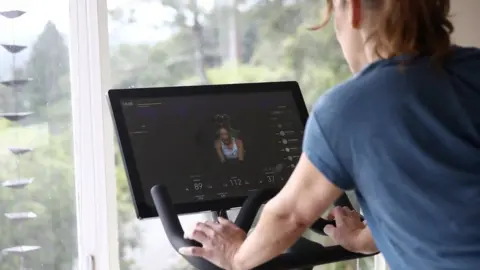 Getty Images
Getty Images
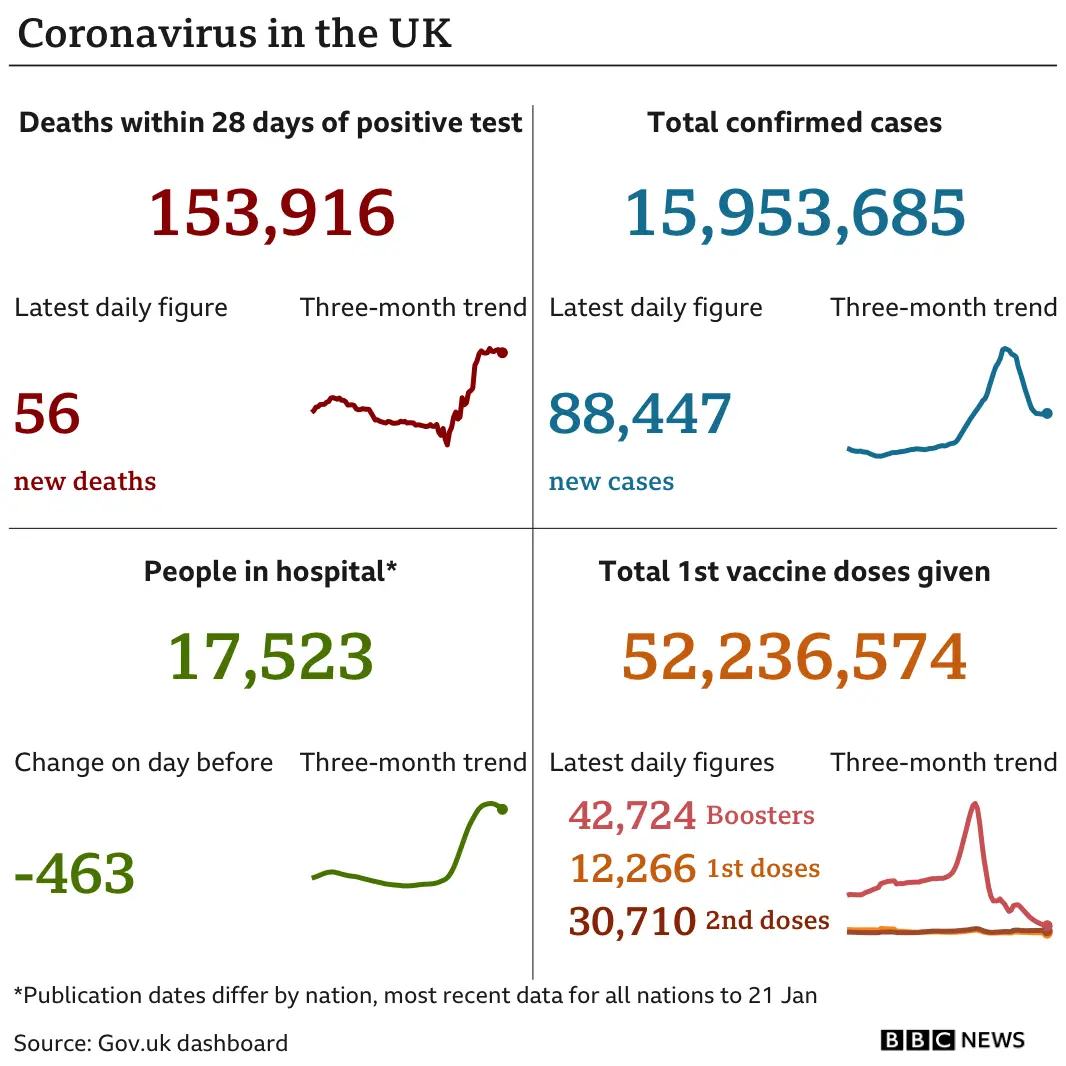
And there’s more…


What questions do you have about coronavirus?
In some cases, your question will be published, displaying your name, age and location as you provide it, unless you state otherwise. Your contact details will never be published. Please ensure you have read our terms & conditions and privacy policy.
Use this form to ask your question:
If you are reading this page and can’t see the form you will need to visit the mobile version of the BBC website to submit your question or send them via email to YourQuestions@bbc.co.uk. Please include your name, age and location with any question you send in.


Source link



